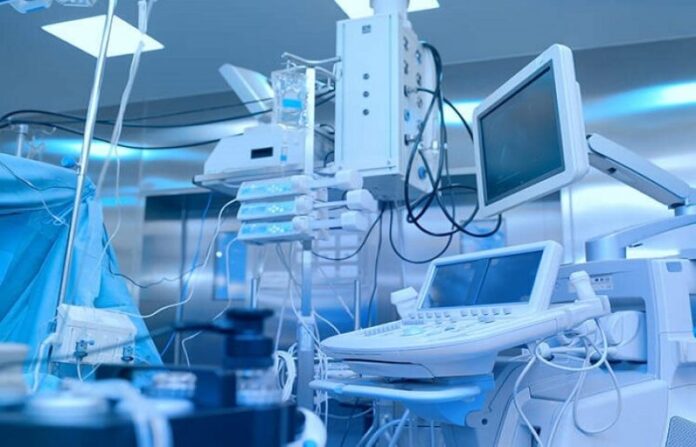Pakistan has set an ambitious target to boost its pharmaceutical and medical device exports to $30 billion within the next five years, Federal Health Minister Syed Mustafa Kamal announced on Saturday.
Speaking at a seminar titled “Made in Karachi: Medical Devices” held at a private university, Kamal said that a new online regulatory system has been launched to speed up licensing for medical devices, enabling companies to secure approvals within just 20 days — a process that previously took up to three and a half years and was often mired in red tape and corruption.
“Previously, CEOs had to travel to Islamabad to submit applications, where files would go missing and progress required bribes. Now, everything is digitized — you can apply online in ten minutes and get your license in twenty days,” he remarked.
Kamal highlighted that Pakistan’s current exports of pharmaceuticals and medical devices stand at less than $1 billion, but with the cooperation of the Medical Devices Association, the government aims to increase this figure by $3 billion in the near future. However, the broader goal, he said, is to elevate the sector to $30 billion within five years, with Karachi expected to play a pivotal role.
“Karachi contributes 68 percent of Pakistan’s revenue, and its industries are driving national growth,” he said. “But if we fail to maintain global product standards, the world will not use our devices. Excellence in quality will naturally bring progress.”
Ziauddin University Vice Chancellor Dr Abbas Zafar praised Karachi’s role as a hub of innovation and development, adding that the city has the potential to lead Pakistan toward self-reliance in healthcare technology. He noted that most medical devices used in hospitals are still imported, but local production would make them more affordable and accessible, strengthening the domestic healthcare system.




